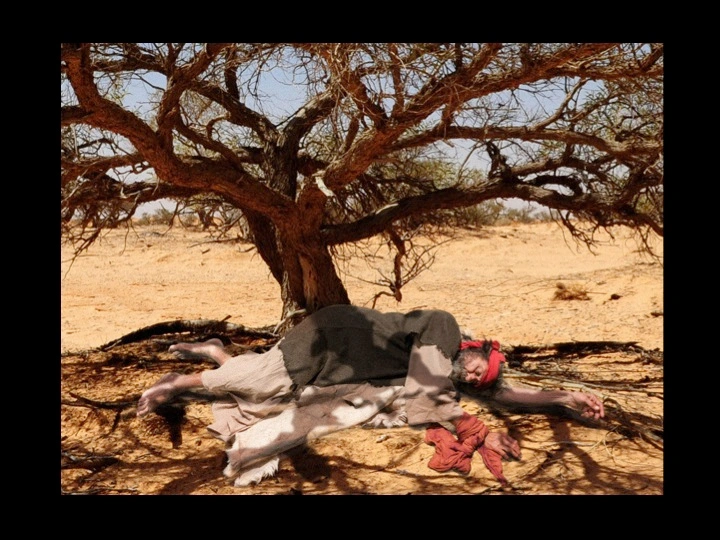“Then he was afraid, and he arose and ran for his life and came to Beersheba, which belongs to Judah, and left his servant there. But he himself went a day’s journey into the wilderness and came and sat down under a broom tree. And he asked that he might die, saying, ‘It is enough; now, O Lord, take away my life, for I am no better than my fathers.'”(1 Kings 19:3-4)
Have you ever felt so overwhelmed by life that you wanted to run away and hide? Have you ever been so depressed and tired that you wanted to give up? No doubt many of us who live today are overwhelmed by such feelings. This is the way the great prophet Elijah felt after he defeated the prophets of Baal on Mount Carmel. In view of this great victory Elijah should have felt nearly unstoppable, but he had unrealistic expectations of what should have ensued. He thought that everyone in Israel including King Ahab and his wife Jezebel would repent and turn to the Lord. This did not happen. In fact, Jezebel threatened to kill him. Because things did not go the way he thought they should, he became frightened and isolated himself by fleeing into the desert. When he finally he collapsed in utter exhaustion, he gave in to self-pity, grief, and depression for He felt the Lord had abandoned him. But the Lord did not demean Elijah. He knew what the prophet needed: rest and encouragement.
We can become depressed like Elijah did when things have not gone our way. We think circumstances and life in general should be better or easier than it is. Yet sickness, grief, and pain assail us. Hard times come. Friends and family desert and abandon us. And we feel that what we do seems to have little or no effect, that we have no ability to protect or change our circumstances or affect the lives of others.
What makes us feel worse is that the media, particularly social media, presents us a false view of the world for shows people happy, care free and overcoming all obstacles and problems. Thus we feel guilty because we can’t feel the way we or others think we should feel. We feel we are not as good as everyone else. In America, this is a significant problem because our culture proclaims the gospel of rugged individualism. As we buy into that message we think we must deny that we need the help of others. We think we should be able to stand on our own two feet, to fight our own battles. This sin of individualism deepens our despair and depression.
But the Lord knows what we need: the encouragement and love of fellow believers in the church. As Paul exhorts us in our reading from Ephesians we Christians ought to offer constructive criticism, to edify others, not tear them down. And we should not criticize others without offering encouragement, without offering helpful instruction. In the letters to the 7 churches in Revelation, we see the example of Christ Himself saying: “Here are your good points and your bad. You can do better. Here’s how I can enable you to do better.” We Christians should focus our eyes on Jesus and follow His example.

